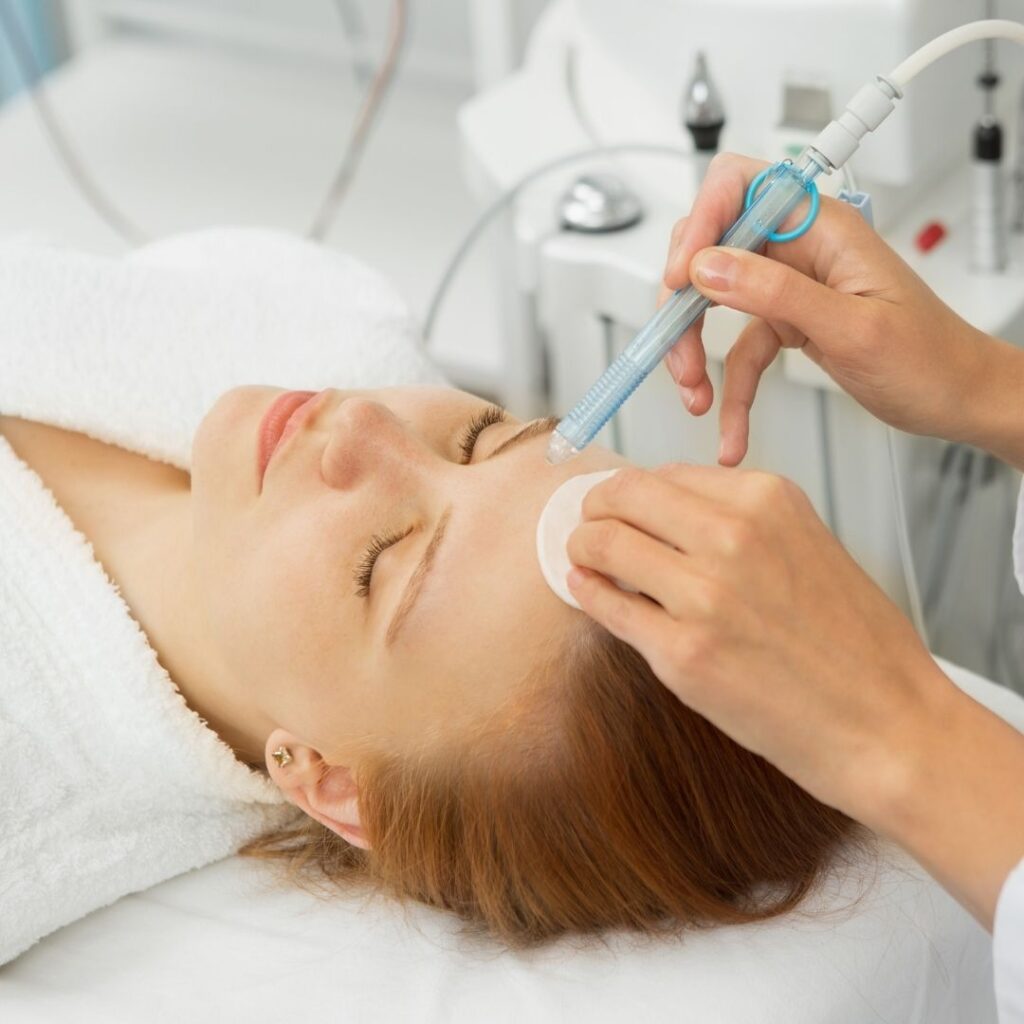Pregnancy is a remarkable journey that often comes with its own myriad of changes, both physically and emotionally. Many individuals find themselves grappling with the quest for beauty and self-care during this transformative time. One popular skin treatment that has sparked curiosity is microneedling. But can you indulge in this procedure while pregnant? Let’s explore the nuances surrounding this question to shed light on the matter.
At the outset, understanding what microneedling entails is essential. This minimally invasive cosmetic procedure involves the use of fine needles to create micro-injuries to the skin, stimulating the body’s natural healing processes. The result? Enhanced collagen production and a revitalized complexion. For many, the allure of microneedling during pregnancy lies in its promise to tackle common skin concerns, such as acne scars, stretch marks, and the notorious pregnancy glow—or lack thereof.
However, the fundamental question remains: Is microneedling safe during pregnancy? The answer is not as straightforward as one might hope. While there is limited research specifically addressing the safety of microneedling for pregnant individuals, several factors must be considered. First and foremost, the overarching principle of ‘better safe than sorry’ applies. The absence of comprehensive studies means that caution is the wisest course of action.
One pivotal concern is the skin’s heightened sensitivity during pregnancy. Hormonal fluctuations can lead to increased susceptibility to irritations and adverse reactions. Therefore, a procedure that involves puncturing the skin could exacerbate these sensitivities and result in unexpected side effects. Additionally, the body’s healing response is altered during pregnancy, which could lead to prolonged inflammation and delayed recovery.
Moreover, there is the consideration of products used in conjunction with microneedling. Many practitioners utilize serums or topical anesthetics to enhance the treatment’s efficacy. Some of these substances may not be suitable for pregnant individuals due to potential systemic absorption, leading to unintended consequences for both the mother and the developing fetus. Thus, it is crucial to engage in in-depth discussions with practitioners about the materials used during the procedure.
In essence, the landscape of beauty treatments during pregnancy can be fraught with conflicting advice. Some professionals advocate for avoiding invasive procedures altogether while pregnant, opting for gentler alternatives instead. These alternatives may include nourishing facials, hydrating masks, or even simple at-home skincare regimens tailored to the sensitive skin of expectant individuals.
On the other hand, some practitioners argue that microneedling, when performed by a qualified and experienced professional, can be safe under specific conditions. They highlight the potential benefits of collagen induction therapy, which may outweigh the risks for certain individuals. If a person has undergone the procedure previously and understands how their skin reacts, they may be more inclined to consider it. Still, it is imperative to prioritize open communication with the practitioner, ensuring that a comprehensive understanding of one’s medical history and circumstances is established.
For those who choose to forbear microneedling during pregnancy, there are myriad alternative skincare strategies to explore. Embracing natural remedies and potions can often yield remarkable results. For instance, nourishing oils, like argan or rosehip, can provide hydration and promote skin elasticity. Simple exfoliation methods using gentle exfoliants or homemade scrubs featuring sugar or oatmeal can help maintain a radiant complexion.
Furthermore, embracing a well-rounded diet laden with antioxidants is a tried-and-true method for nurturing the skin from the inside out. Consuming foods rich in vitamins A, C, and E can support skin health, fostering a natural glow that can sometimes be overshadowed during pregnancy. Foods such as berries, leafy greens, nuts, and seeds are delectable and beneficial choices.
In addition, staying hydrated is essential. The significance of hydration cannot be overstated, particularly during pregnancy. Water not only aids digestion and keeps energy levels stable but also supports optimal skin moisture levels, combating dryness and flakiness. Aim to drink plenty of water throughout the day, and consider complementing it with hydrating herbal teas.
Ultimately, the decision surrounding microneedling while pregnant is deeply personal and should be approached judiciously. It encapsulates a delicate balance between the desire for self-care and the paramount need to prioritize both maternal and fetal well-being. Consulting with healthcare professionals, considering both dermatological and obstetrical perspectives, can help navigate this complex territory.
In conclusion, while the enchanting prospect of microneedling may beckon, vigilance and caution must guide the way. Embracing safe and nurturing skincare practices can pave the path toward radiant skin during pregnancy, fostering a sense of well-being and confidence. The journey through pregnancy is unique for every individual, and ultimately, discovering what brings joy and comfort is the most important aspect of this beautiful experience.
